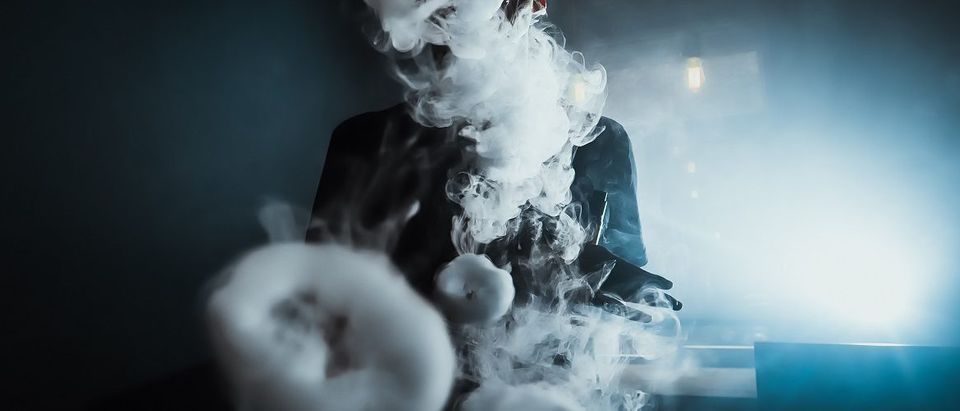Countries that outlaw vaping but continue to allow traditional smoking are “likely” in open violation of rules established by the World Trade Organization protecting against discrimination.
A policy paper released Tuesday by the free market think tank R Street Institute argues arbitrary restrictions on vaping products is a form of product discrimination under WTO rules. E-cigarettes, which heat liquid nicotine, do not contain tobacco and therefore fall under broader product classifications than traditional tobacco products, reports Vaping Post.
Vaping devices can be regulated differently than tobacco products despite being in direct competition, because e-cigarettes can be considered both a recreational and medicinal product.
“This broader classification opens the door for their prohibition, because nicotine is a drug that also has medicinal uses,” Maria Foltea, an associate fellow at the R Street Institute, said in the paper. “Such classification can subject products that contain nicotine to a different set of classifications in ways that appear arbitrary. There is therefore good reason to believe that, as long as traditional cigarettes are freely traded, a ban on e-cigarettes will be found discriminatory under WTO rules.”
E-cigarette rules and restrictions vary greatly across the globe. Australia, where the smoking rate is rising for the first time since officials began tracking records, bans the possession and use of liquid nicotine, rendering e-cigarettes useless for smokers in the country.
Lawmakers in Thailand officially banned the importation of vaping devices in November 2014. The measure was subsequently reformed to include a ban on selling vapes and exporting the devices. Bringing the device into the country or using it can carry a 10-year prison penalty, while selling or supplying the devices is punishable by five years behind bars.
Lawmakers in the Philippines are currently considering similarly strict penalties for people caught using vaping devices outside of designated smoke areas, including five years in prison for third-time offenders.
Foltea says officials must investigate “issues of legality” when imposing restrictive laws on vaping.
All content created by the Daily Caller News Foundation, an independent and nonpartisan newswire service, is available without charge to any legitimate news publisher that can provide a large audience. All republished articles must include our logo, our reporter’s byline and their DCNF affiliation. For any questions about our guidelines or partnering with us, please contact licensing@dailycallernewsfoundation.org.


